Planning a trip to Turkey? One of the most important things to know is what currency does Turkey use. Understanding their currency will help you plan your finances, make transactions smoothly, and ensure a stress-free travel experience. Let's dive into everything you need to know about Turkey's currency, its history, and tips for managing money while you're there.
The Turkish Lira: An Overview
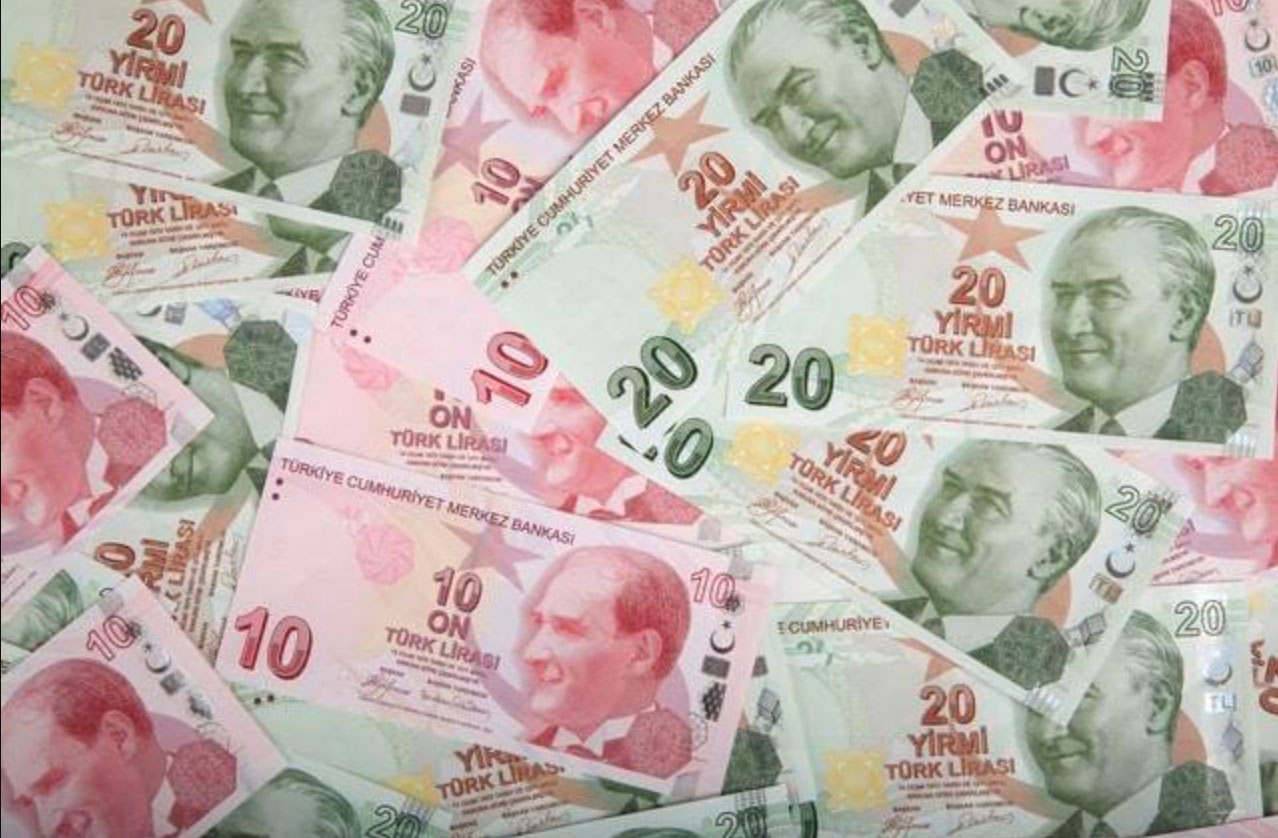
The official currency of Turkey is the Turkish Lira, which is abbreviated as TRY. Locally, it is referred to as 'Türk Lirası' and is denoted by the symbol ₺. The Turkish Lira is further divided into smaller units called 'kuruş,' with 1 Turkish Lira equaling 100 kuruş. Whether you're purchasing food, souvenirs, or booking tours, the Turkish Lira is the currency you'll be using throughout your trip..
History Of The Turkish Lira
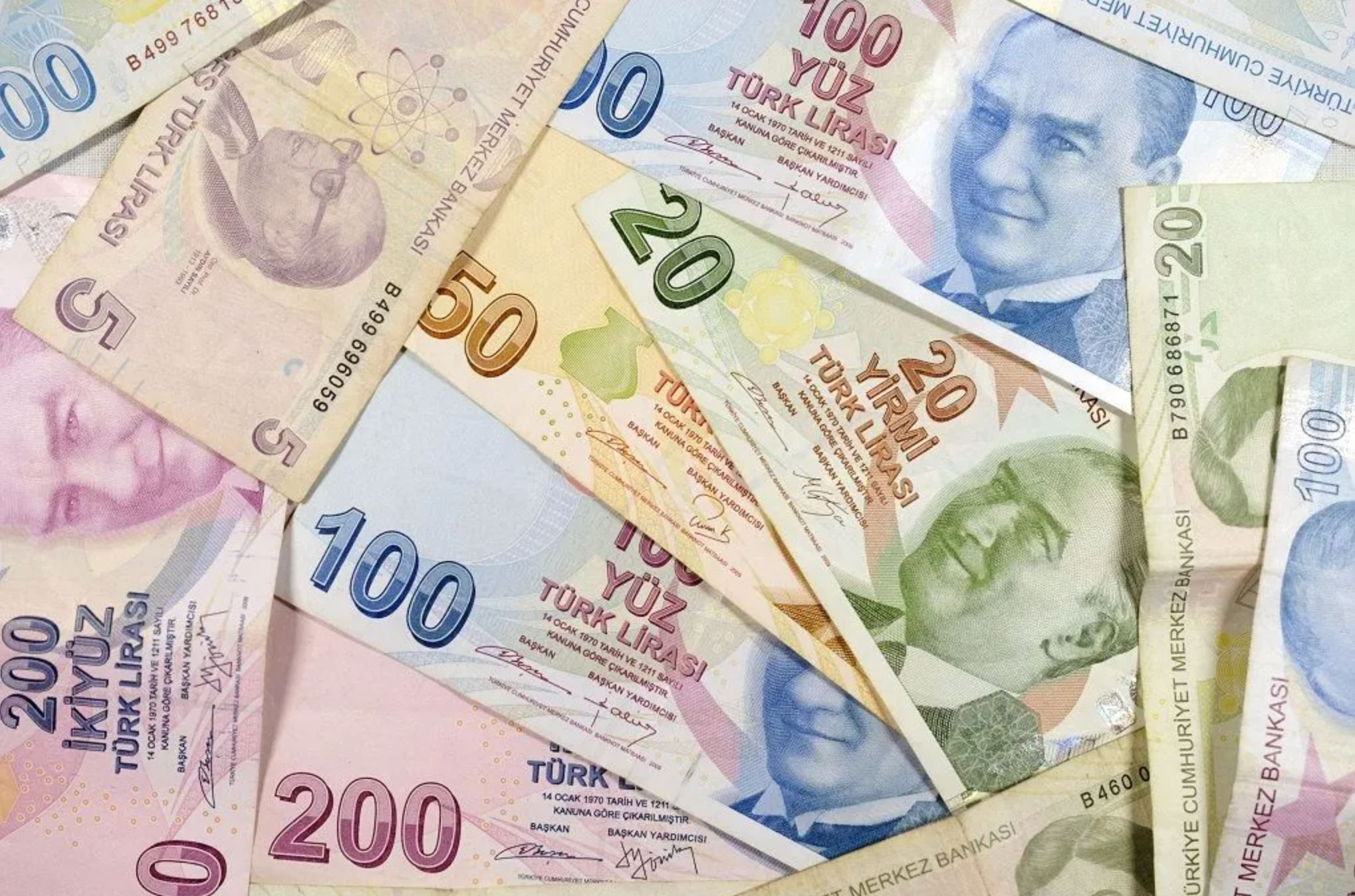
The Turkish Lira has undergone significant changes over the years. Before 2005, Turkey used the 'Old Turkish Lira' (TRL), which suffered from hyperinflation leading to extremely high prices and devalued notes. In 2005, the government introduced the 'New Turkish Lira' (YTL) by implementing a currency reform that dropped six zeros from the old lira. Later, it reverted to just being called the Turkish Lira (TRY), which is the currency in use today..
Turkish Lira Denominations
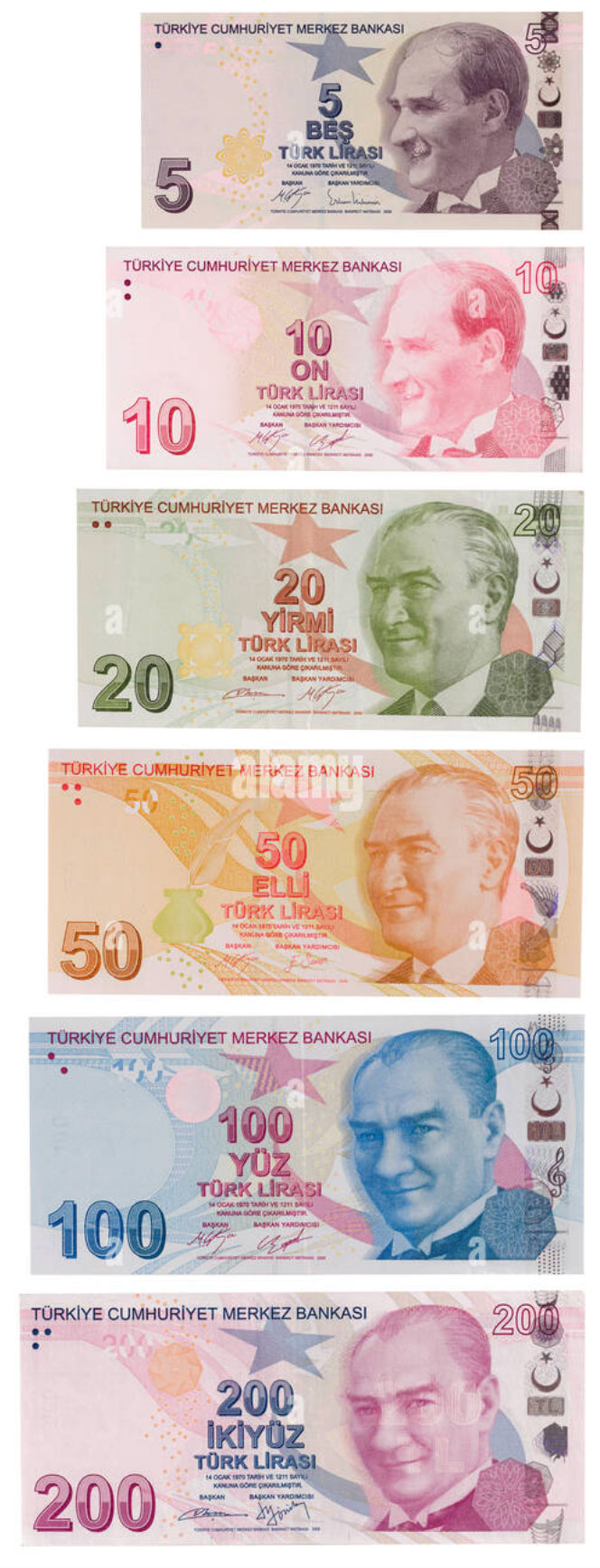
The Turkish Central Bank manages the issue and regulation of the Turkish Lira. The bank issues various denominations of notes and coins. Banknotes come in denominations of 5, 10, 20, 50, 100, and 200 lira, while coins are available in 1, 5, 10, 25, and 50 kuruş, along with a 1 lira coin. Familiarizing yourself with these denominations will make it easier to handle money during your trip..
Where To Exchange Money In Turkey
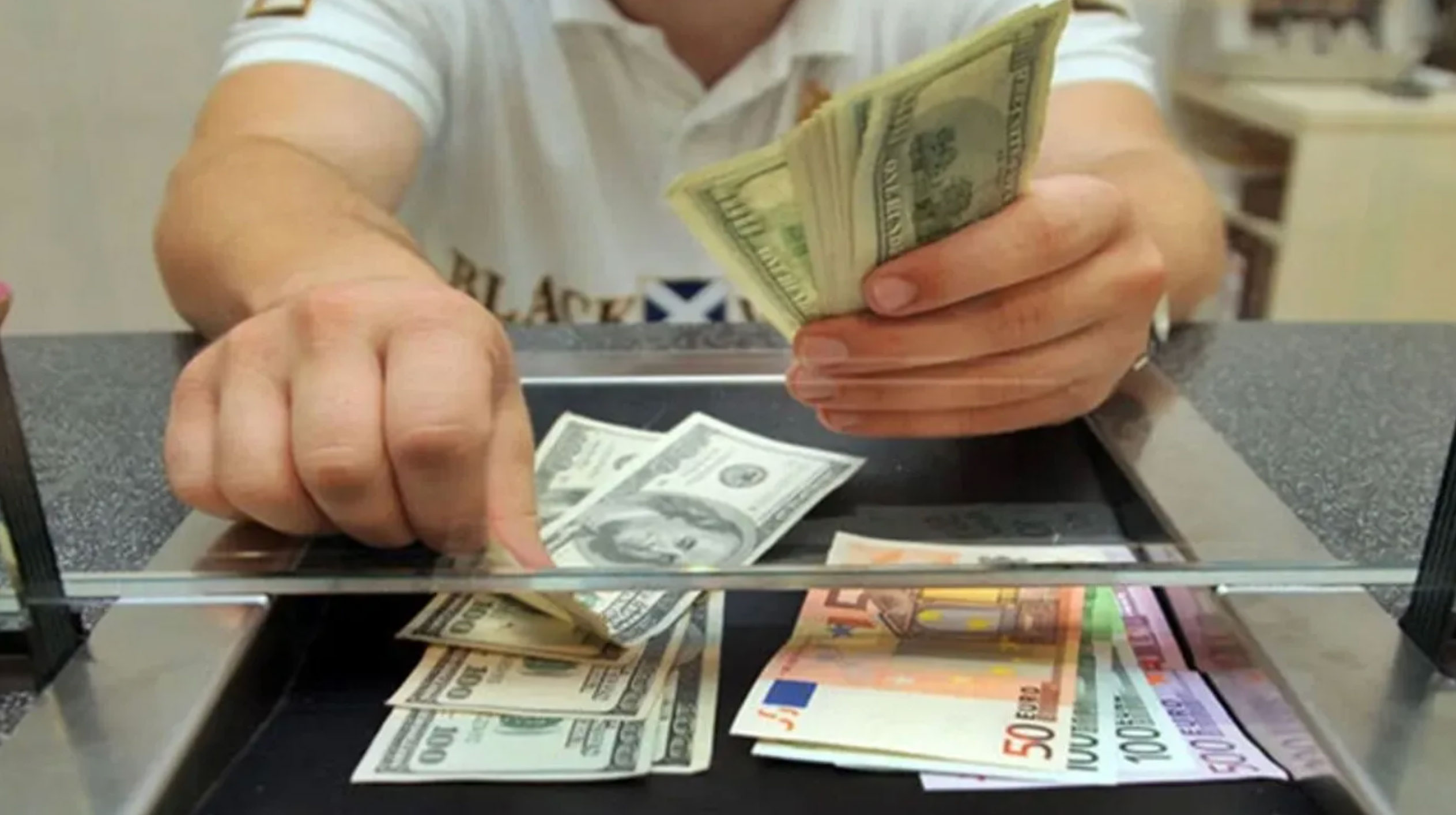
If you're traveling to Turkey, it's essential to know the best ways to exchange your currency into Turkish Lira. You can exchange money at banks, authorized exchange offices, and even at some hotels. Exchange offices are commonly found in major city centers and tourist spots, often offering better rates than airports or hotels. ATMs are also widely available and allow withdrawals in Turkish Lira using international debit or credit cards..
Cash VS Credit Cards In Turkey
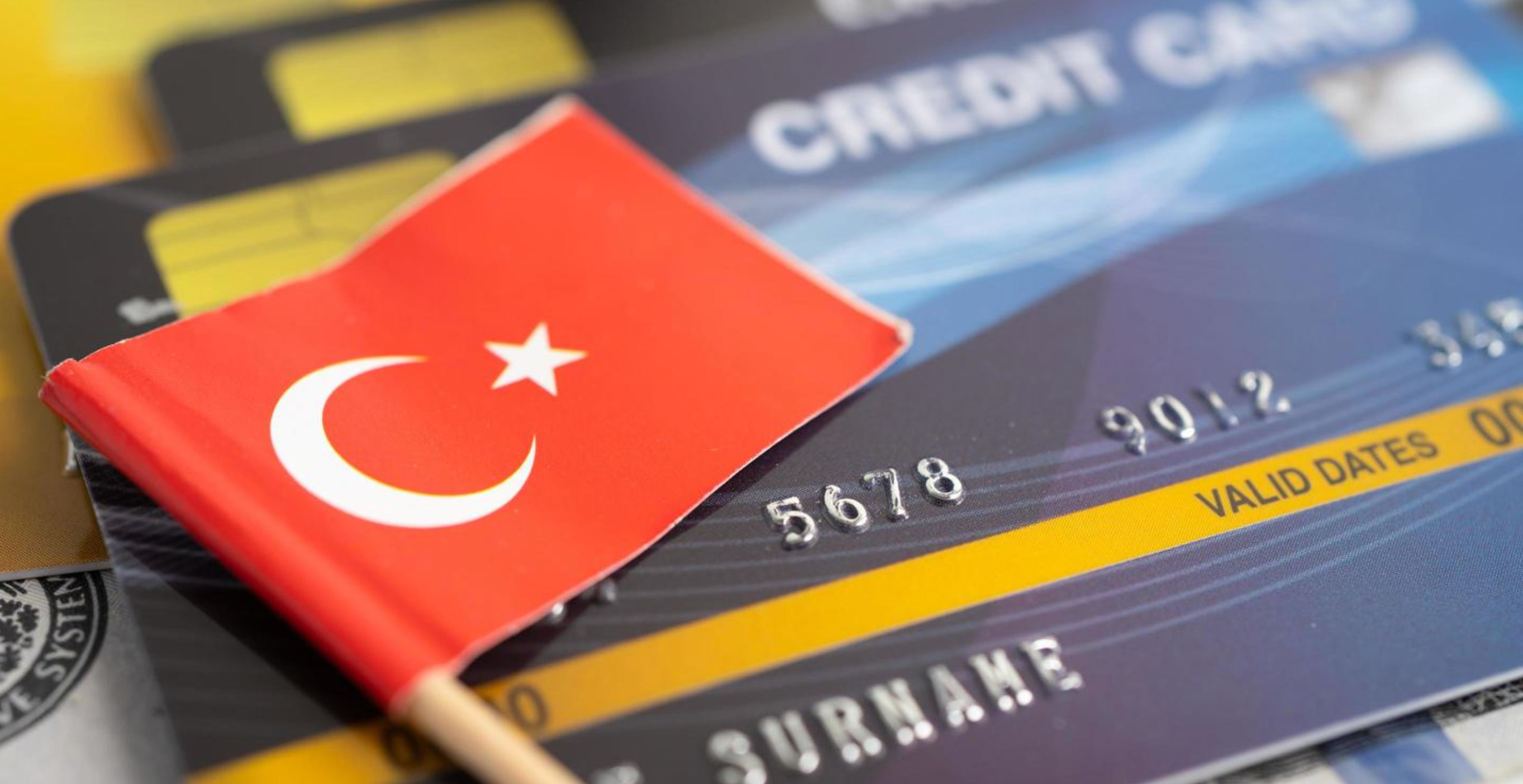
Credit cards are widely accepted in big cities like Istanbul, Ankara, and Izmir, especially at hotels, restaurants, and shopping malls. However, for smaller towns, rural areas, and local markets, cash in the form of Turkish Lira is often the preferred payment method. It's always a good idea to carry some cash for taxis, small purchases, or places that may not accept cards..
Tips For Avoiding Currency Conversion Fees
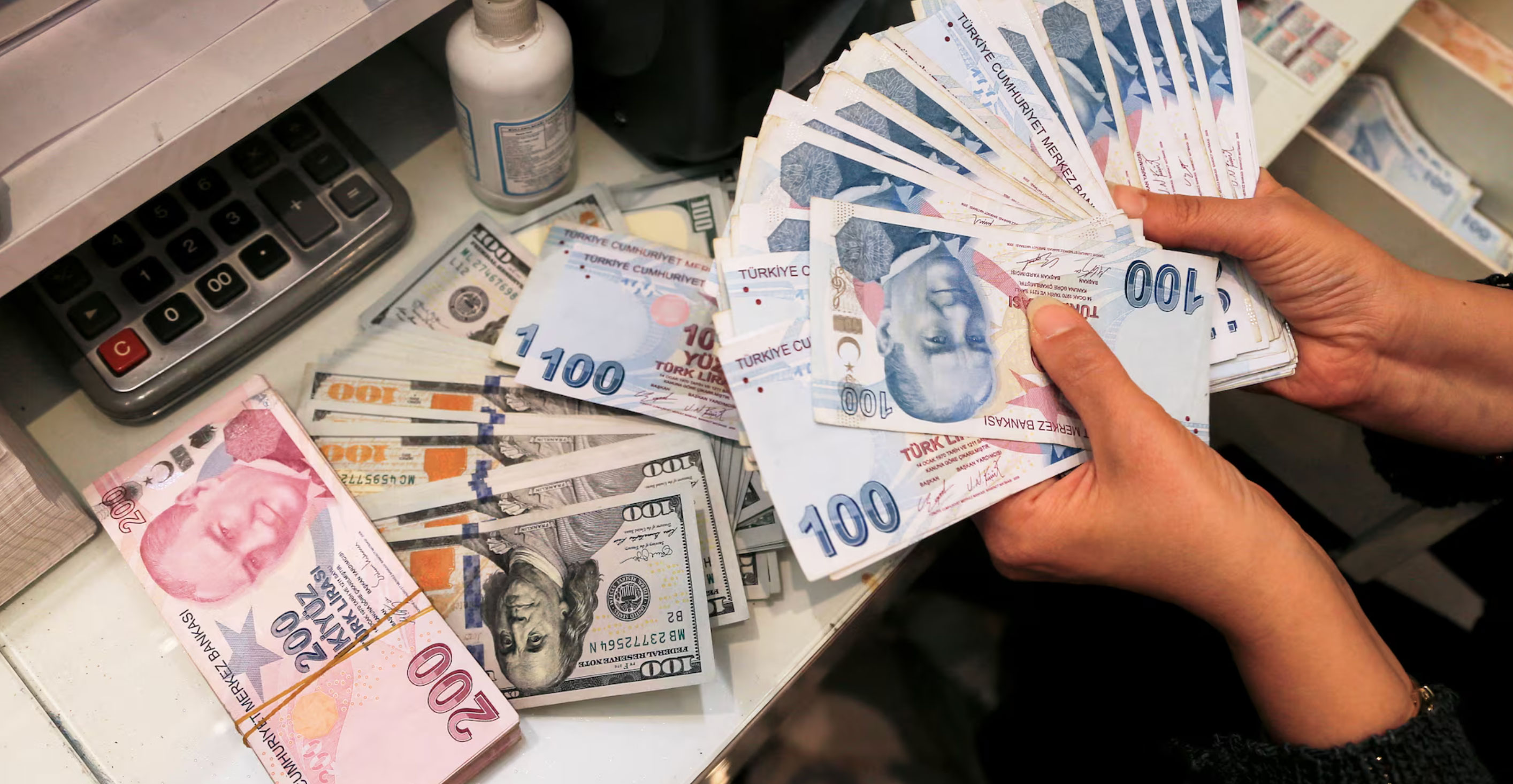
When traveling to Turkey, it's important to be aware of potential fees for currency conversion and ATM withdrawals. To avoid hefty charges, check with your bank for any foreign transaction fees before leaving your home country. Some travelers prefer to use prepaid travel cards or open accounts that don't charge foreign ATM fees, making it a more cost-effective option..
Using Turkish Lira In Turkish Markets
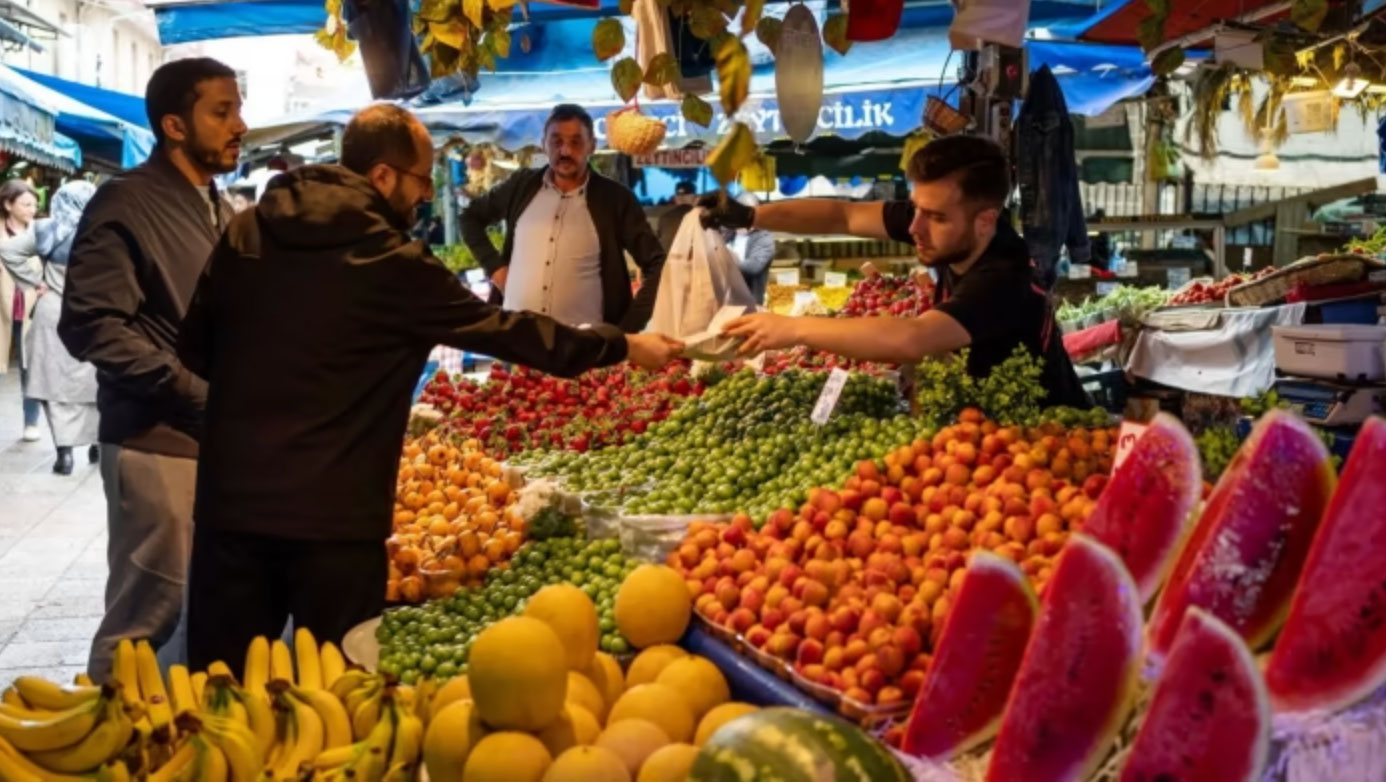
Turkey offers its own unique charm with bustling bazaars and traditional markets where bargaining is common. This is where having Turkish Lira in cash comes in handy. Bargaining is a cultural norm in places like the Grand Bazaar or spice markets, and you'll get better deals when using local currency. Keep some smaller bills or coins to make transactions smoother during your shopping adventures..
Monitoring Turkish Lira Exchange Rates
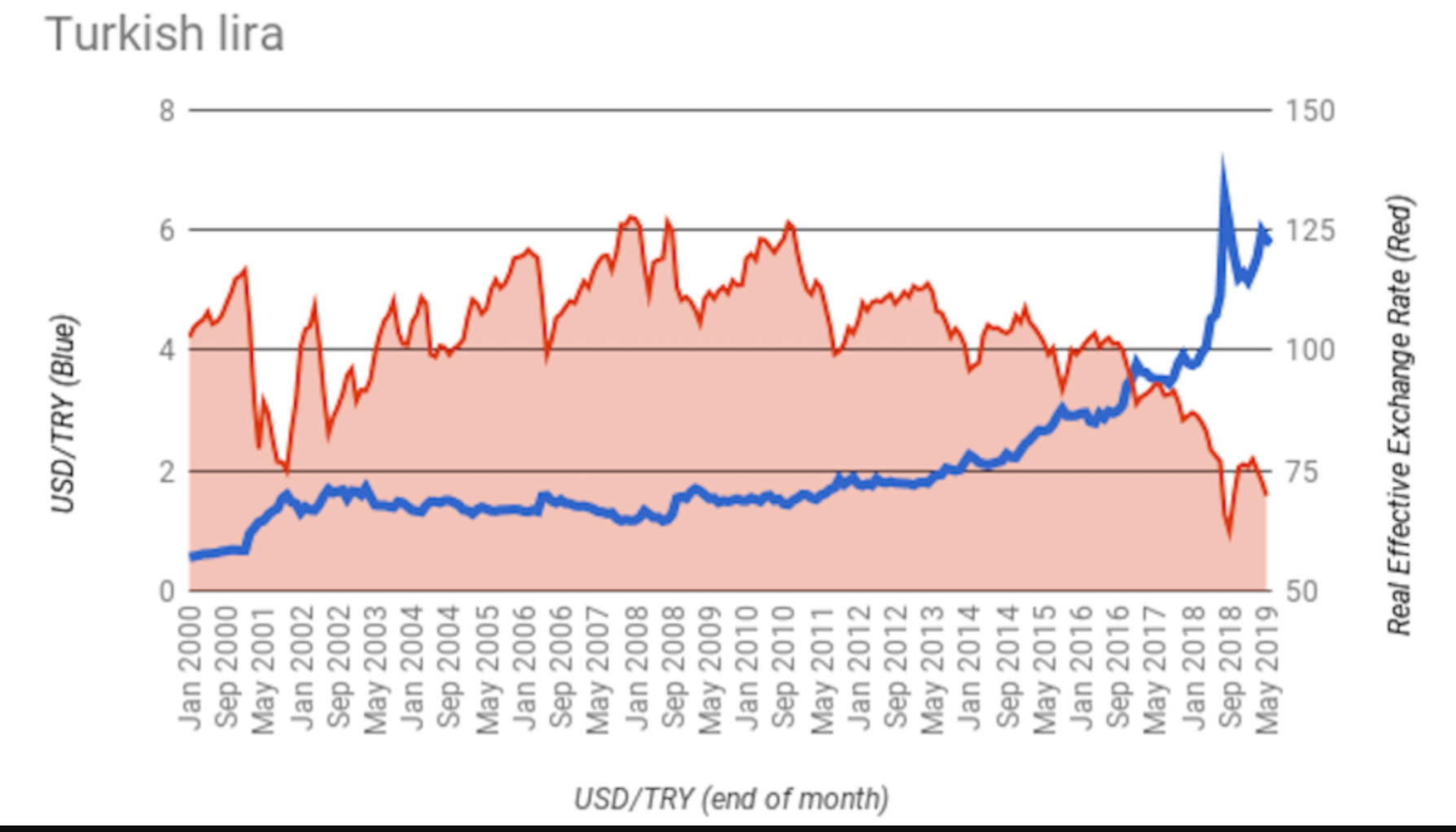
Want to keep track of the exchange rate? Currency exchange rates for the Turkish Lira can fluctuate frequently due to economic factors. Always check live exchange rates before converting your money. Mobile apps and currency calculators can be extremely helpful in calculating how much lira you'll get in exchange for your local currency, ensuring you get the best deal possible while traveling..
Digital Payments VS Cash In Turkey
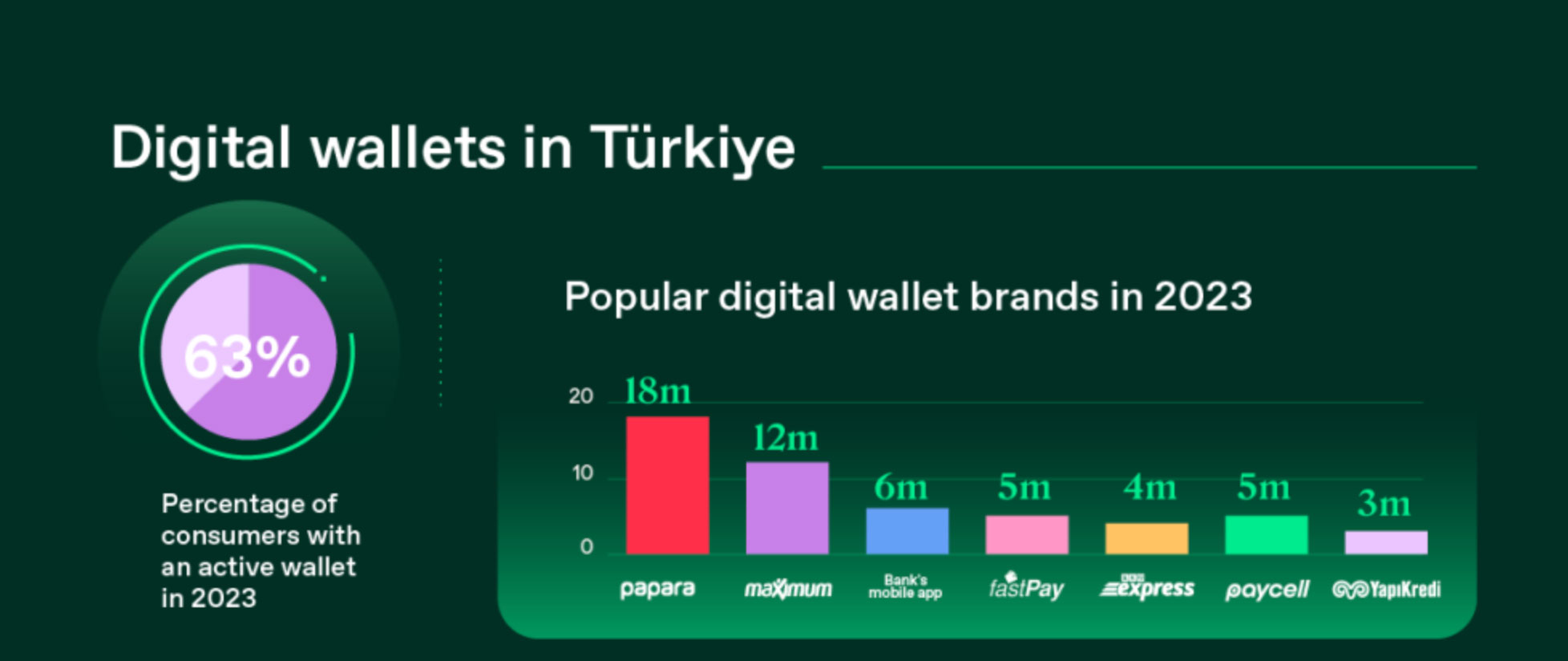
Turkey is moving toward a cashless society, but the Turkish Lira remains a significant part of everyday life. Digital payment methods like contactless cards, bank apps, or QR code payments are increasingly popular in urban areas. However, cash remains essential for rural regions, local businesses, or certain sectors like public transportation. For a smooth journey, consider using both cash and digital payments during your travels in Turkey..
Understanding what currency does Turkey use is essential for making your trip enjoyable and hassle-free. The Turkish Lira is not just a currency but a reflection of Turkey's vibrant history and culture. Whether you're dining out, shopping at local markets, or exploring its mesmerizing historical sites, knowing how to manage Turkish Lira will enhance your experience and help you make the most of your visit to this beautiful country. Plan ahead, stay informed, and enjoy everything Turkey has to offer!


